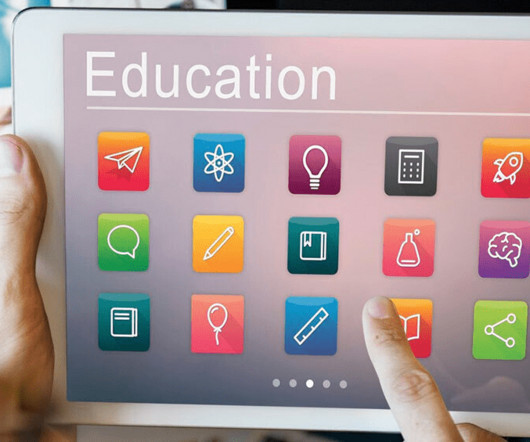How to Choose the Best Educational Software for Your Classroom
Kitaboo on EdTech
NOVEMBER 30, 2023
Today, students are blessed with interactive platforms, personalized education, online learning, and educational software that have been designed to enhance the learning experience. The objective is to support educators in delivering content effectively and engaging students in the learning process.















Let's personalize your content